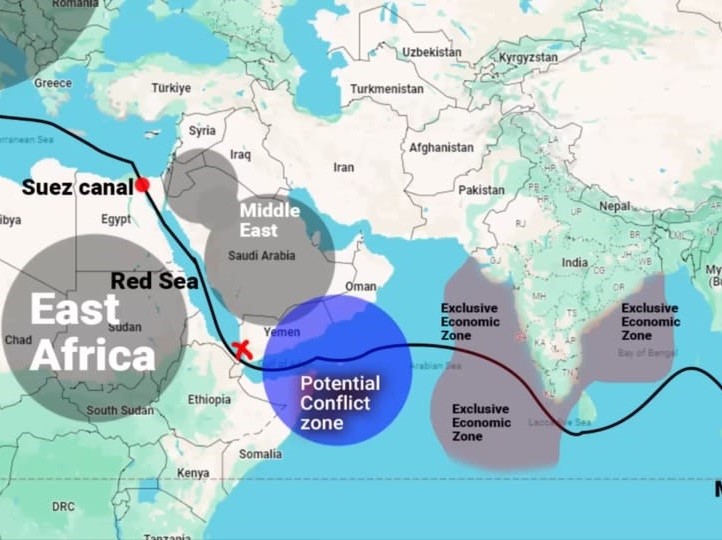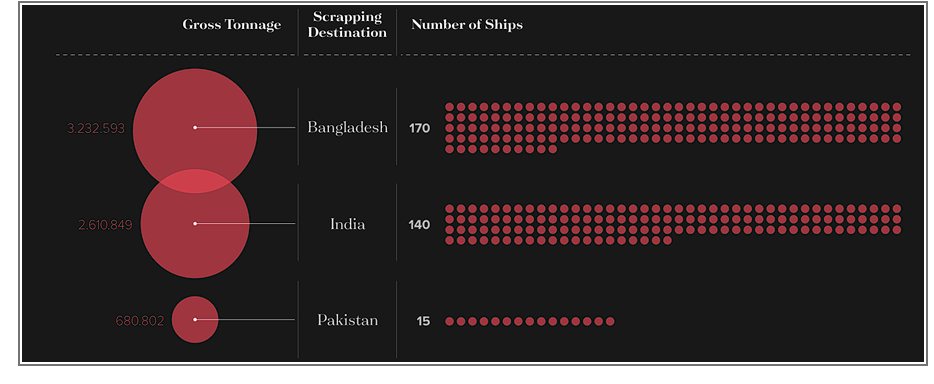Hamburg’s container throughput nears 8 million TEUs in 2024

The previous year presented numerous geopolitical and economic hurdles, with global trade impacted by the war in Ukraine and conflicts in the Middle East, creating uncertainty in international markets. In Germany, economic output declined by 0.2%, while industrial production saw a year-on-year drop of 4.5%.
Despite these challenges, the Port of Hamburg reported positive growth in container throughput. Hamburg’s box traffic with the United States continued its upward trend, while China-related container cargo showed signs of recovery.
At 7.8 million TEUs, container throughput at the Port of Hamburg grew by 0.9% compared to 2023. Loaded containers, which are particularly crucial for the value chain, accounted for 87% of this volume, with throughput in this segment rising by 1.2% to 6.8 million TEUs.
Overall, the German port handled 78.7 million tonnes of general cargo, with 77.5 million tonnes of that in containers. Conventional general cargo throughput also saw an increase, rising by 8.7% to 1.3 million tonnes.
Trade with China, a key trading partner for Hamburg, grew by 0.7% to 2.2 million TEUs in 2024, maintaining China’s position as the port’s top trading partner. The United States also saw a record performance, with Hamburg-US traffic increasing by 5% to 685,000 TEUs.
India, an emerging market, grew by 2.1% to 195,000 TEUs, and Sri Lanka, the largest transshipment hub for the Indian subcontinent, saw an increase of 12.4%, reaching 140,000 TEUs.
The number of vessel calls at the Port of Hamburg stood relatively stable in 2024. However, the ongoing security situation in the Red Sea affected global shipping routes, leading to fewer Megamax ships visiting the major European port. Despite this, the average per-call throughput volume for Megamax vessels increased by more than 20%, with these ships handling over 10,000 TEUs on average.
The energy transition was also evident in the bulk cargo figures. The shift away from fossil fuels impacted throughput, with 3.8 million tonnes of coal imported, 2.1% less than the previous year. Mineral oil products saw a 21.7% decrease, totalling 5.7 million tonnes, partly due to exceptionally high throughput in 2023 and weaker demand in 2024.
Overall, bulk cargo throughput totalled 33.1 million tonnes, reflecting an 8.6% decline from the previous year. However, there were notable increases in the imports of oilseed crops, up by 5.6% to 3.2 million tonnes, and in exports of animal feed, which rose by 9.4% to 1.4 million tonnes.
The total volume of goods handled at the port of Hamburg stood at 111.8 million tonnes, a 2.1% decrease compared to 2023.
Hinterland traffic at the Port of Hamburg reached 5.2 million TEUs, surpassing the 2023 figure, while transshipment volumes reached 2.6 million TEUs. In terms of tonnage, hinterland transport accounted for 83.1 million tonnes, and transshipment for 28.7 million tonnes.
Rail transport performed particularly well, moving 46.2 million tonnes (+1.3% year-on-year) and 2.6 million TEUs (+2.5%). Rail’s share of container transport exceeded 50%, at 50.2%, while its share in tonnage-based transport increased by 2.1 percentage points to 55.6%.
![]()
The post Hamburg’s container throughput nears 8 million TEUs in 2024 appeared first on Container News.
Content Original Link:
" target="_blank">



























































